CQ WPX RTTY happens during the spring every year, and many of our members are quite enthusiastic to participate in RTTY contests. This year we wanted to attempt a full-scale participation over the whole 48 hours. Last year, participating as LA100K, we got 2,374,344 points, more than all previous years combined. While this feat is formidable, it is partly because all previous years had relatively low participation. This year we wanted to go ahead and not only beat last year’s score, but surpass a total of 2000 QSOs as well.
Our shack has two rigs, so the natural choice was to participate in the MULTI-TWO class. This meant that we had to fill a total of 96 operating hours over the weekend, no small task. Both students and recent graduates are typically quite busy, even on weekends. The night-time hours are usually the most difficult to fill, as people typically prefer to sleep at night. Still, a few weeks earlier we had almost managed to fill a 24-hour MULTI-SINGLE plan, which made us optimistic.
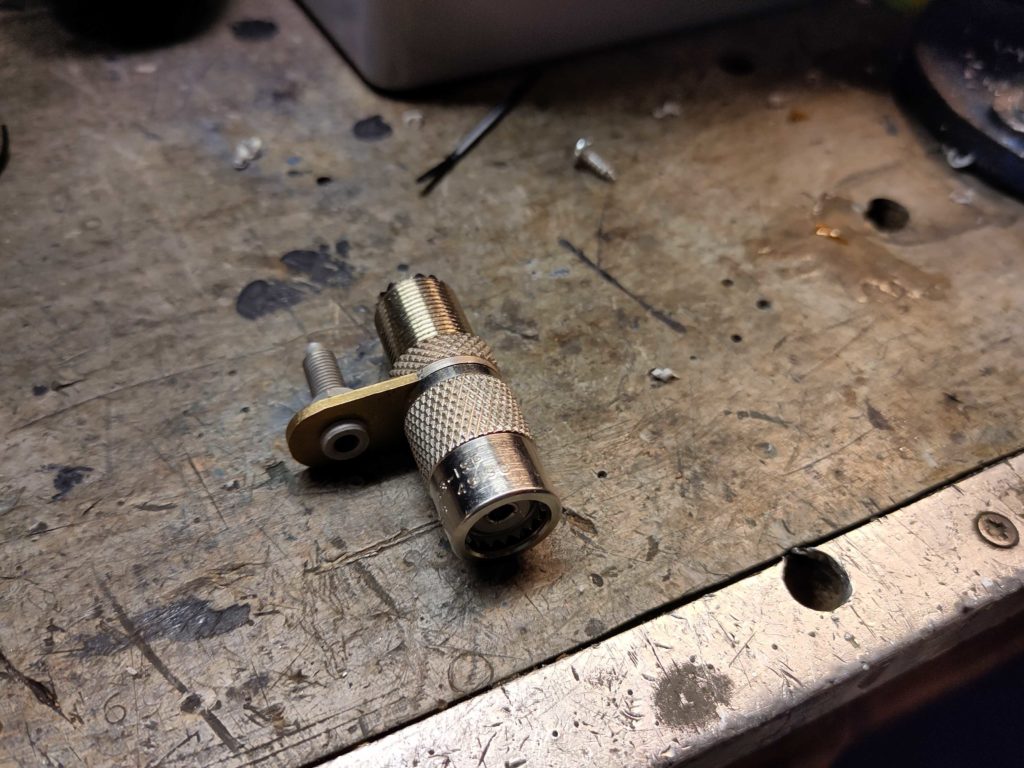
However, this time it sorted itself out before the test, as we had an open operator schedule that was almost filled in completely a week ahead. Voluntarily, no less! Only during the nights were there some hours with just 1 of 2 rigs in operation. The next problem was that the 15m/17m balun in our Optibeam multi-band array was QRT. Fixing this during winter is quite a cold and unpleasant experience, so we went with a temporary solution. That solution would be our tried and trusted portable 15m vertical. Unfortunately, it is built around our Heathkit antenna tuner, which only handles 150 W. In this kind of contest, we would prefer to use the full legal limit of 1000 W, so we would have to make some adjustments. After searching in our workshop for something helpful, we attached a SO239 barrel to a banana plug adapter. This made for a dry-weather makeshift centerpiece that could last at least the whole contest.
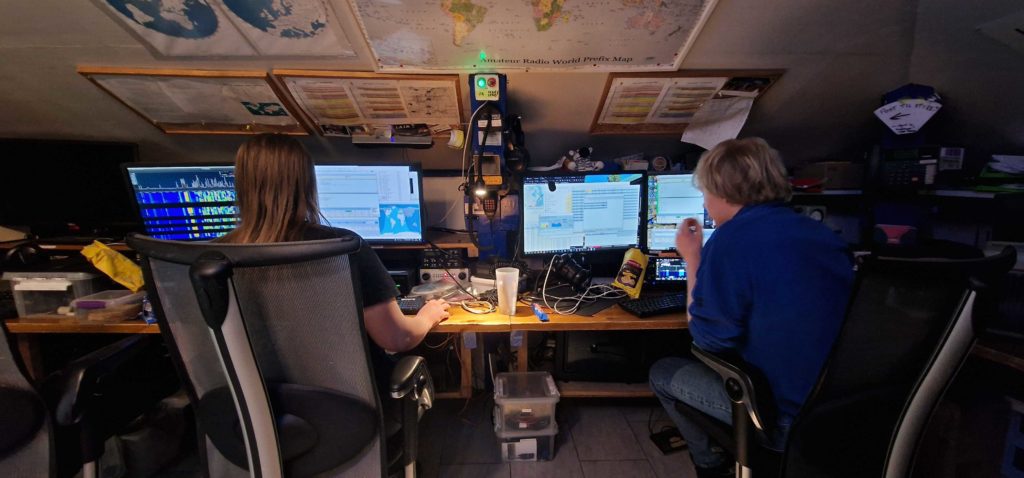
Photo: Øyvind, “Lampe”
The contest itself went without many surprises. When the sun rose on Saturday, we found that the makeshift 15m antenna worked quite well. 20m had its ups and downs through the contest. The 10m conditions became very good on Sunday and became the best band of the day.
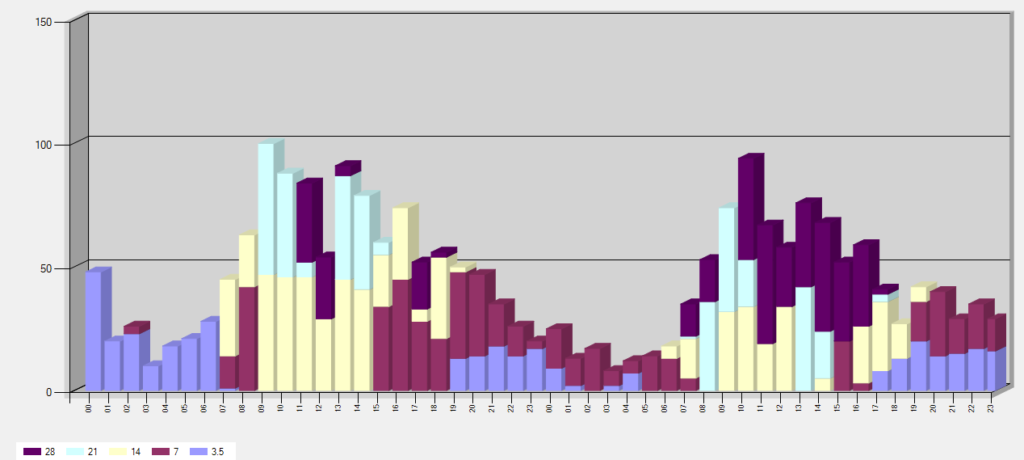
When it all was over, we had a claimed score of 2182 QSOs, which likely is the best RTTY result in a CQ sponsored contest in our 101-year-long history. (At least to the best knowledge of us who are active now). (Another disclaimer is that many earlier participations have been in the MULTI-SINGLE class, which will give lower numbers of QSOs while the result might be relatively better compared to the competition) Despite the final results not yet being ready, we were quite happy with the tentative result.
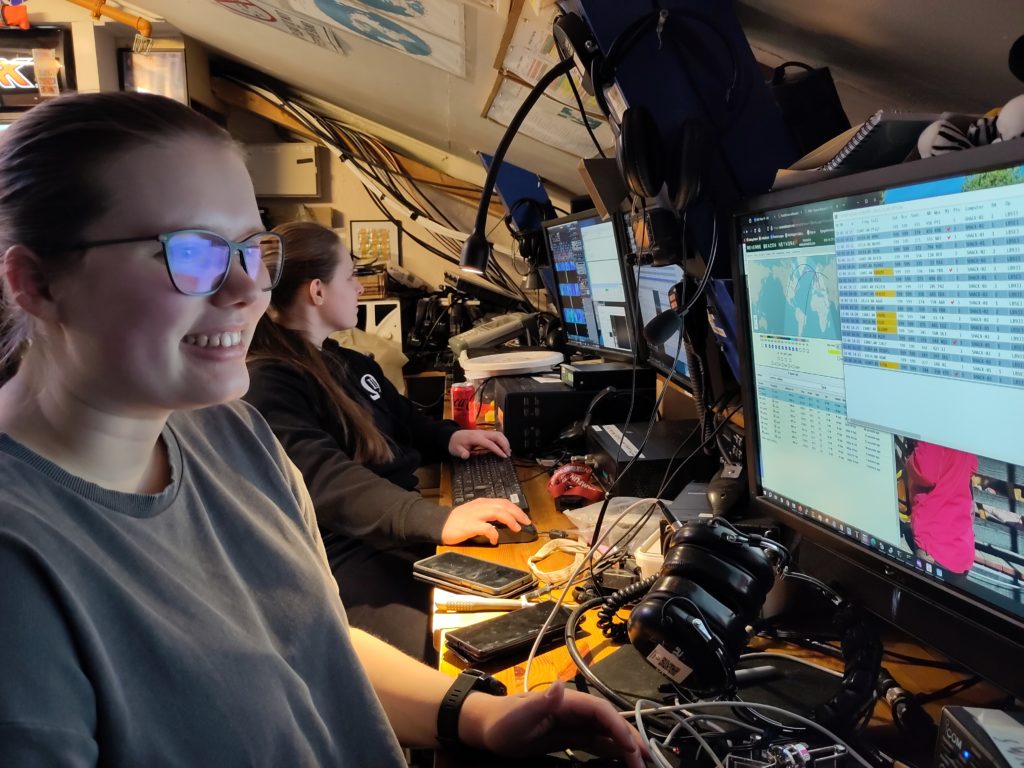
Photo: LB5DH
Part of this year’s success was the number of committed operators. Of the 9 operators participating, 7 of which had more than 100 QSOs. Another part of the success was that we had operators who sat through the night, doing the graveyard shift. Both of these facts stem from the fact that this year’s participation was a more serious attempt at a good score than previous years.
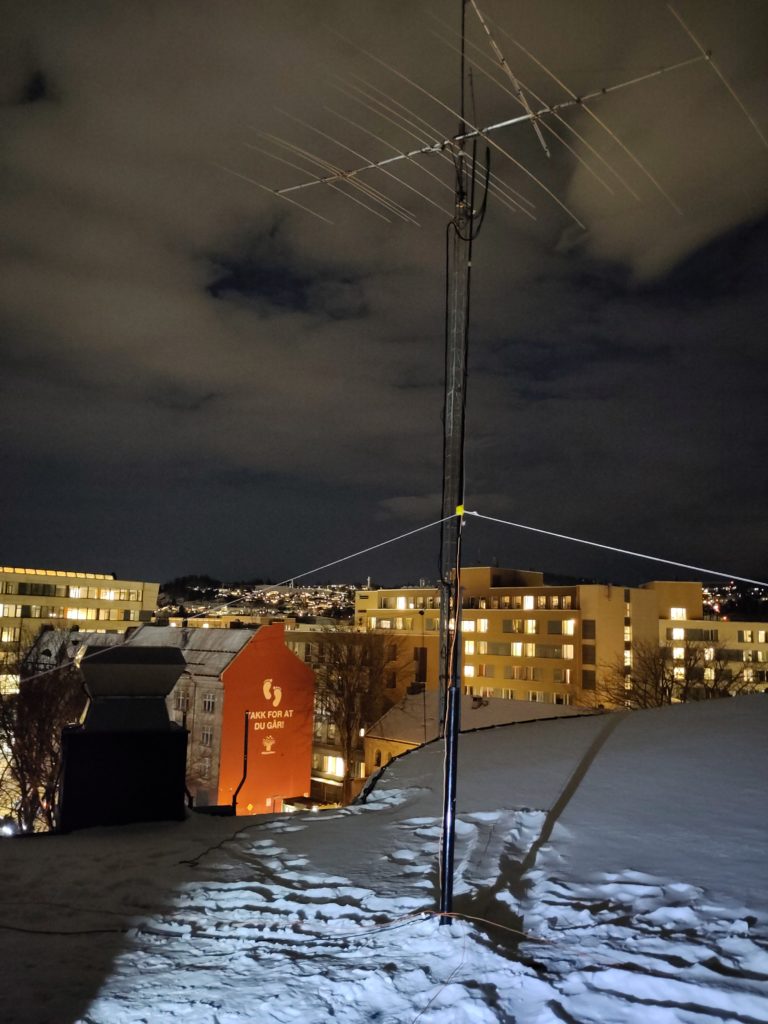
Photo: LB5DH
One of the things that are somewhat paradoxical with contests like this is that it is unproportionally fun to get DX compared to how many points they give. It is tempting to spend time trying to reach DX like Japan or South America, which we probably should have spent talking to Italians or Germans. Fortunately, World Wide Patagonia DX is a new contest that tried to change that. It gives points per QSO based on the distance between the two stations in meters. We thought this was a fun concept, so we tried to participate. Unfortunately, it collided with REF DX SSB, so the band was quite crowded, with many people confusing the two contests. In the end we only got 8 QSOs, but two of them were with Argentina, giving 13000 points each. We still like the concept, but we hope it does not collide with a popular non-DX contest next year.
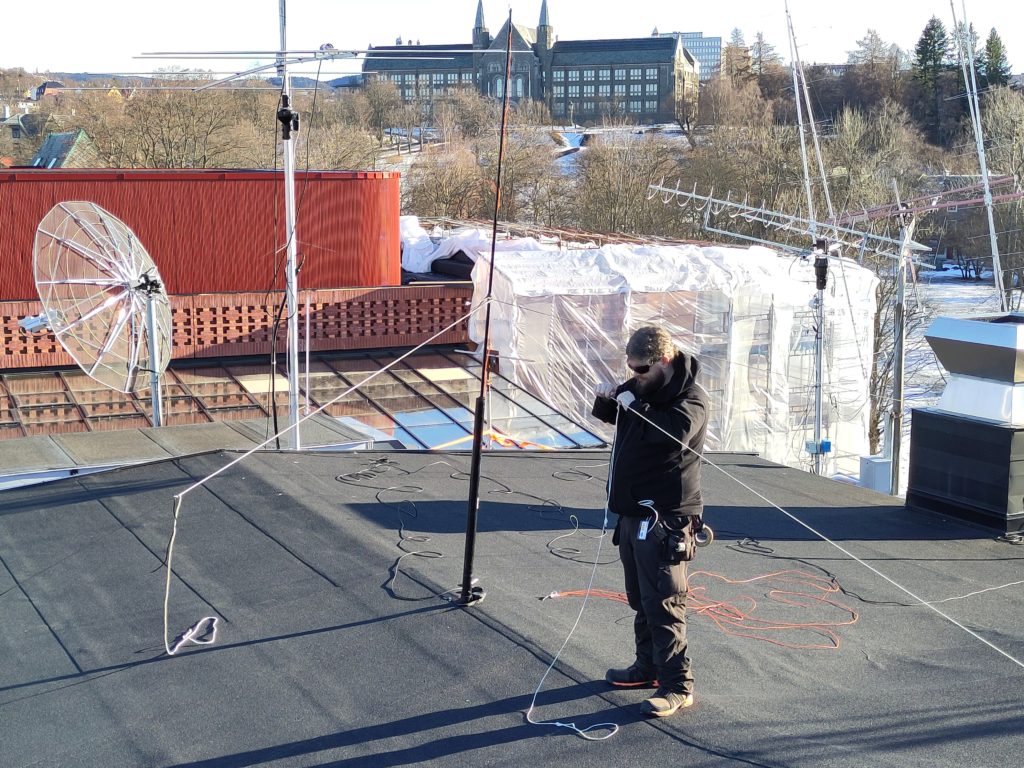
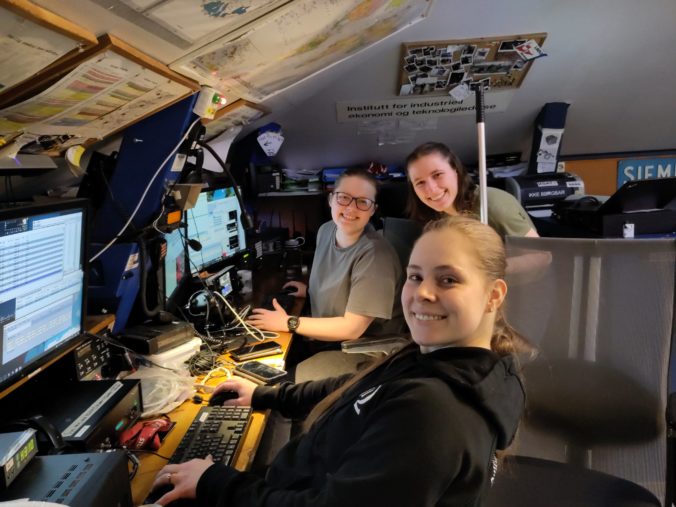

0 Comments
1 Pingback